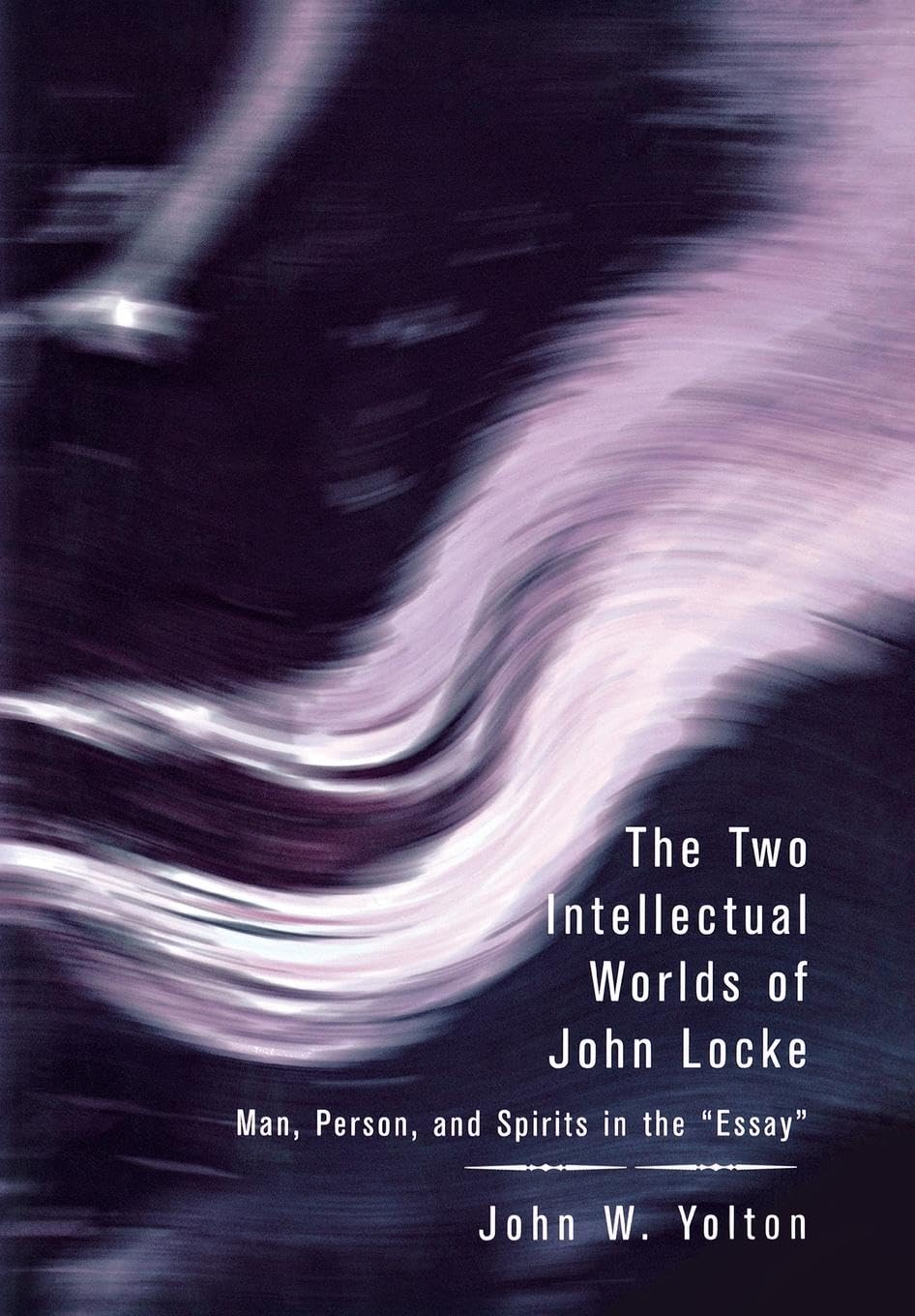

Most ebook files are in PDF format, so you can easily read them using various software such as Foxit Reader or directly on the Google Chrome browser.
Some ebook files are released by publishers in other formats such as .awz, .mobi, .epub, .fb2, etc. You may need to install specific software to read these formats on mobile/PC, such as Calibre.
Please read the tutorial at this link. https://ebooknice.com/page/post?id=faq
We offer FREE conversion to the popular formats you request; however, this may take some time. Therefore, right after payment, please email us, and we will try to provide the service as quickly as possible.
For some exceptional file formats or broken links (if any), please refrain from opening any disputes. Instead, email us first, and we will try to assist within a maximum of 6 hours.
EbookNice Team

Status:
Available5.0
23 reviews
ISBN 10: 2004010282
ISBN 13: 9780801442902
Author: John W Yolton
Using his intimate knowledge of John Locke's writings, John W. Yolton shows that Locke comprehends "human understanding" as a subset of a larger understanding of other intelligent Beings—angels, spirits, and an omniscient God. Locke's books on Christianity (The Reasonableness of Christianity and Paraphrases of St. Paul's Epistles) have received extensive analysis and commentary, but little attention has been given to the place of his Essay Concerning Human Understanding in his religious and theological beliefs. Yolton shows that Locke's account of what it is to be human in that work is profoundly religious.
Yolton's book opens with an attempt to sort out several important terms basic to Locke's account of identity: man, self, person, and soul. A number of rarely examined components of Locke's thought emerge: the nature of man, the nature of a human being, and the place of man in the universe among the other creatures. Some will be surprised to learn that the domain of God, angels, and spirits is a part of Locke's universe, where it is considered the hoped-for destination of the just.
The Two Intellectual Worlds of John Locke also includes Yolton's exploration of Locke's commitment to immaterial principles for understanding the world; his obsession with happiness; the dialectical tensions between man, person, and soul; several interesting conjectures about spirits; and the notion of natural philosophy that includes speculation about spirits as well as bodies.
CHAPTER 1. LOCKE'S MAN
Body-Mind, Man-Person
Action and Agency
Secular Self, Moral Self
3.1 On Being Self to Self
3.2 Person and Self
3.3 Self-Concern
Physical Man, Rational Man, Moral Man
Definitions of Man
The Fundamental Constitution of Man
6.1 The Constitution of Children
6.2 Rational Creatures
6.3 Definition and Theory
Man as Proprietor
Conclusion
CHAPTER 2. THE UNIVERSE AND OUR WORLD
The Universe
The Intellectual World as our World
2.1 Natural Philosophy as Speculation
2.2 Conjecture as Method
2.3 Examples of Natural Philosophy
2.4 Immaterial Principles and Immaterial Powers
A Second Intellectual World
Conclusion
CHAPTER 3. THE WORLD OF GOD, ANGELS, AND SPIRITS
Creatures, Beings and Spirits
1.1 Creatures
1.2 Beings
1.3 Spirits and Angels
Locke's Extravagant Conjecture
Two Properties of that World
3.1 Perfection
3.3.1 Happiness: The Happy God
3.3.2 Happiness: The Chief End of Man
Conclusion
CHAPTER 4. SPIRITS AND OUR IDEAS OF THEM
Ideas of Spirits
1.1 The Operation of Enlarging Ideas
1.2 Some Limitations
Conceivable, Intelligible
2.1 The Impossible
2.2 The Cannot
2.3 The Hard to Conceive
Two Other Accounts of Spirits
3.1 Burthogge
3.2 Bekker
Conclusion
CHAPTER 5. SOULS THAT BECOME SPIRITS
Soul as Spirit
The Relation of Man, Soul, and Body
2.1 Sameness of Man
2.2 Sameness of Spirit
Immortality and Bodily Shape
Conclusion
CHAPTER 6. GENERAL CONCLUSION
john locke 2 ideas
john locke's two treatises
john locke's two treatises of government
although locke in two treatises of government
main idea of john locke's two treatises of government
Tags: John W Yolton, Intellectual Worlds, Spirits, Locke Man